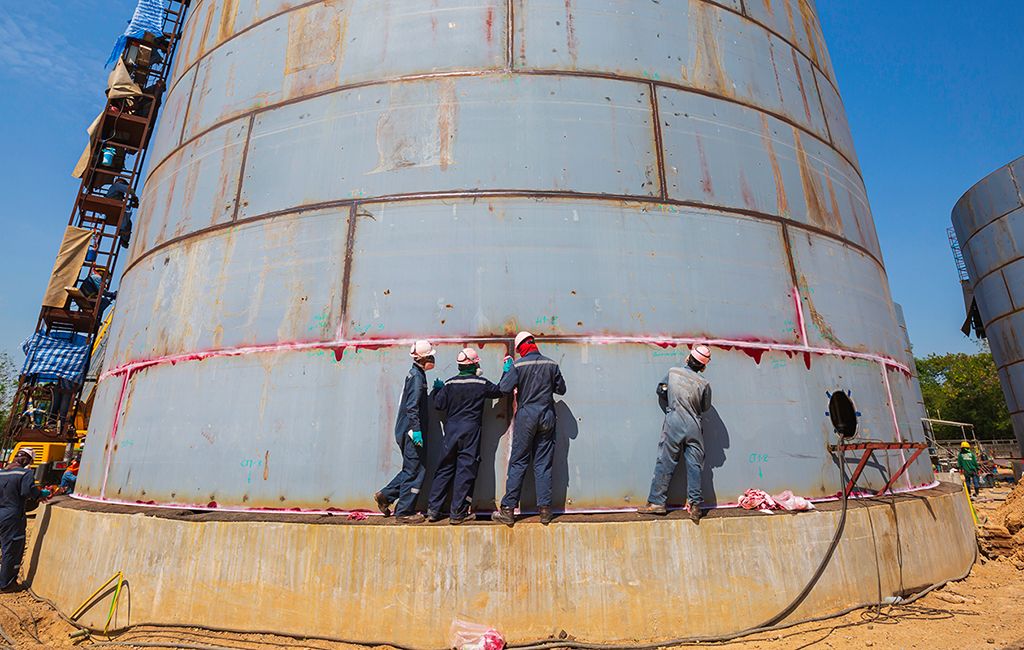December 13, 2023
NDT and Manpower

Non-Destructive Testing (NDT) is a crucial process in various industries like aerospace, manufacturing, construction, and oil and gas, among others. The effectiveness of NDT depends not only on the technology and techniques used but also on the expertise and manpower involved in the process.
-
Skilled NDT Technicians: Skilled and certified NDT technicians are essential for the successful execution of NDT inspections. These technicians are trained to operate NDT equipment, interpret results, and ensure compliance with industry standards and safety protocols.
-
Training and Certification: NDT personnel undergo rigorous training and certification processes to ensure they are proficient in various NDT methods such as ultrasonic testing, radiographic testing, magnetic particle testing, liquid penetrant testing, and visual inspection. Their expertise is crucial for accurate and reliable inspections.
-
Safety: NDT inspections often involve the use of hazardous materials and equipment. Proper training and adherence to safety procedures are vital to protect both the technicians and the environment.
-
Interpretation of Results: NDT technicians play a critical role in interpreting test results. Their ability to identify defects, anomalies, or signs of wear and tear is essential for making informed decisions about the integrity of materials and structures.
-
Record Keeping: NDT technicians are responsible for maintaining accurate records of inspections, including details of equipment used, testing parameters, and results. These records are essential for compliance, quality control, and future reference.
-
Continuous Improvement: The NDT field is continually evolving, with new techniques and technologies emerging. Skilled technicians must stay updated with the latest developments through continuous education and training.
-
Quality Assurance: NDT technicians often work in industries where the quality of materials and structures is critical, such as aerospace and nuclear power. Their work contributes to quality assurance and ensures that products and infrastructure meet safety and performance standards.
-
Collaboration: NDT technicians collaborate with engineers, quality control professionals, and other stakeholders to determine the appropriate testing methods and to address any issues that arise during inspections.
-
Ethical Considerations: NDT technicians must adhere to ethical principles, including confidentiality, objectivity, and integrity, to maintain the credibility and trustworthiness of their assessments.
-
Troubleshooting: When unexpected challenges or issues arise during NDT inspections, experienced technicians can troubleshoot problems and adapt their methods to ensure the quality and accuracy of the results.
-
The effectiveness and reliability of NDT inspections depend significantly on the knowledge, skills, and professionalism of the workforce involved. Skilled NDT technicians are essential for conducting accurate, safe, and compliant inspections, ensuring the integrity and quality of materials, products, and infrastructure across various industries.